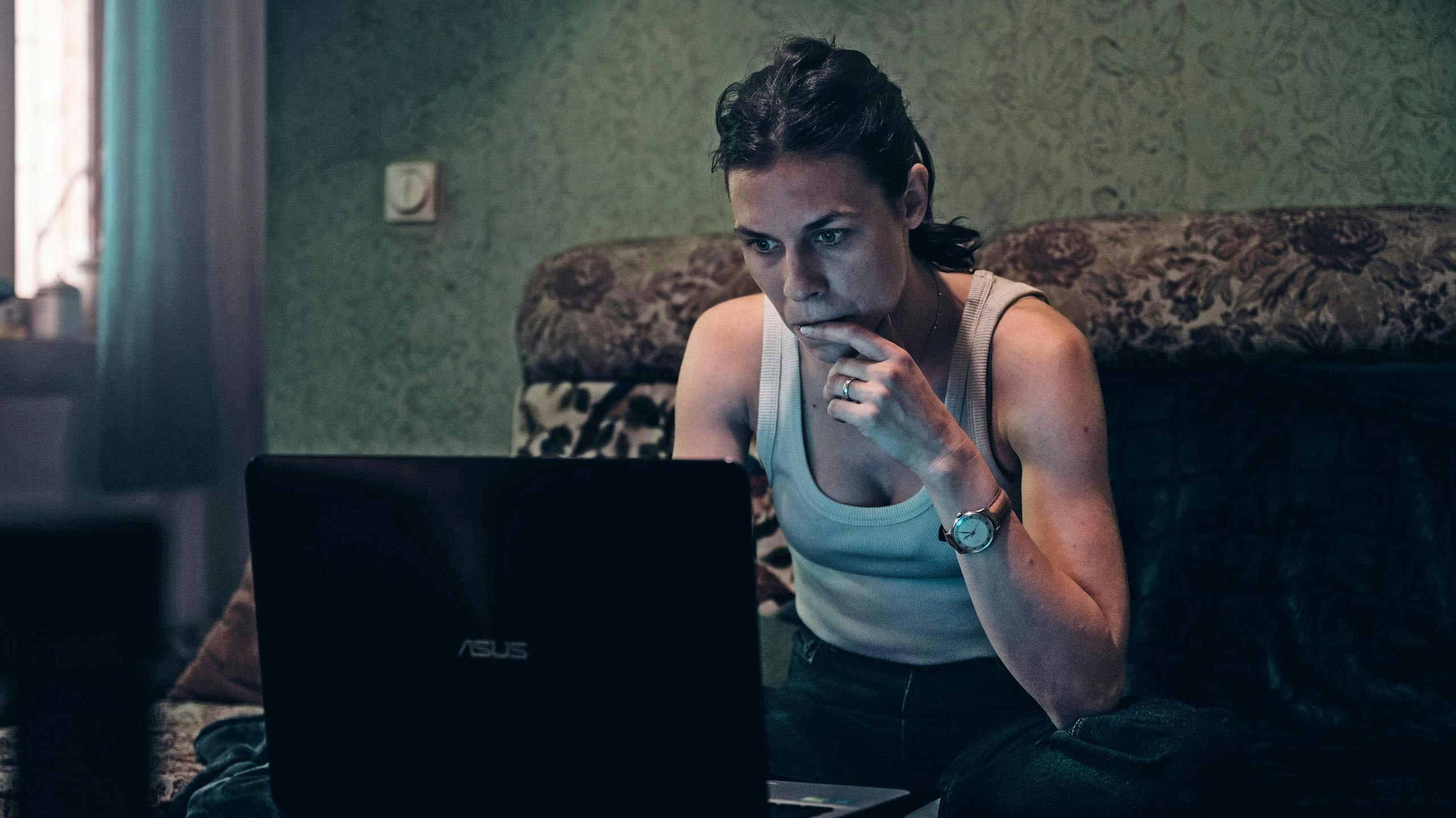This article is taken from the March 2025 issue of The Critic. To get the full magazine why not subscribe? Right now we’re offering five issues for just £10.
It’s always a pleasure to see a promising series mature on its second or third outing. I enjoyed the first season of The Night Agent when it came out in spring 2023. Based on a thriller by Matthew Quirk, a former reporter at the Atlantic magazine, it neatly showcased his insider knowledge of Washington DC’s murky corridors of power.
The Night Agents work for Night Action, a super-secret branch of the US intelligence machine, so secret that it does not even officially exist. Gabriel Basso played Peter Sutherland, whose dull job was to answer the telephone if an emergency call came through on the Night Action hotline.
By the end of the season he had metamorphosed into an all-American action hero. It was a winning formula of conspiracies, shoot-outs and engaging characters that made The Night Agent one of Netflix’s most watched programmes.
Season two once again features Sutherland and his on-off love interest Rose Larkin. Basso turns in another solid performance, fighting his way out of numerous tight spots and smoothly taking down multiple attackers, but also showing that he has brains as well as brawn.
Meanwhile Luciane Buchanan develops Rose into more than just a sidekick, with her own skill set as a high-end coder. The series feels more assured and confident, although the somewhat unconvincing romance between Sutherland and Rose has little erotic charge. Along with the action there is a good amount of slow-burn tension as a complex plot unfolds.
The first season focused on the United States. Season two roams much further afield. The baddies — an international war criminal and his network — have teamed up with the Iranians to try and obtain the details of Operation Foxglove, a super-secret CIA operation to manufacture hideous chemical weapons so that the antidotes can be developed. Merely knowing about Foxglove seems to be the kiss of death as the bullets fly and the bodies pile up.
But there is more going on than nicely choreographed shoot-outs. The most interesting storyline is around Noor, a mole engagingly played by Arienne Mandi. Noor works at the Iranian UN mission in New York, but is desperate to get her family out of Iran, before her beloved brother Farhad is conscripted into the army.
Noor is feeding classified information to the FBI before she is passed on to Sutherland, who becomes her handler. With Noor’s help, Sutherland and Rose infiltrate a diplomatic party at the Iranian mission, he as a waiter, she as a diplomat’s date for the evening.
The glossy surroundings, fake bonhomie and non-stop calibration of who is worth talking to at such events are deftly conjured up. But the bland décor and everyday architecture soon become a place of menace and danger as the tension steadily mounts.
It’s a strange life as an Iranian official in New York — Noor is physically in Manhattan but she is under constant surveillance from the mission’s security staff, and there are cameras everywhere in the building. The show does not flinch from the morally grey compromises demanded when persuading someone to betray their country — and the terrible price they can exact.
Meanwhile the war criminal and his henchmen, including his son, have kidnapped both Rose and the scientist who built the chemical weapons for the CIA. Their job is to make the weapons — or the scientist’s wife and daughter will be shot. The different story threads are neatly woven together in this intelligent, sometimes thought-provoking spy thriller series. The ending, whilst satisfying, nicely sets up season three.
The first time I went to Romania was in autumn of 1991, when the miners were rioting across the city. I took the night train from Budapest, a long and slow journey. As we trundled through the countryside, I met Ion, who asked me why I was going to Bucharest. I told him I was a journalist. He laughed and said he hoped I was getting paid a lot of money.
I was on assignment for the Independent, so I was not. But it was a great trip.
My story made the front page and I got tear-gassed, and a “herogram” from the foreign editor. Romanian tear-gas — unlike Serbian — was like a bad attack of hay fever.
I enjoyed my time in Bucharest then and on subsequent trips. The city is quite different to Budapest or Vienna. It felt more like Istanbul or even Tel Aviv, Balkan and Mediterranean rather than central European. The people were vivacious and welcoming.

Nowadays Romania is a member of NATO and the European Union. But it remains bedevilled by its Ottoman and Communist heritage: an opaque place where behind the scenes powerful, shadowy networks still operate.
Subteran, now showing on Netflix, captures some of this. Created by Steve Bailie, the British screenwriter who has also worked on Deutschland ‘83 and Riviera, the series is an accomplished conspiracy thriller that steps deep inside a fictional Bucharest mafia whose tentacles reach far into the state.
Subteran moves seamlessly between the ersatz glamour and displays of wealth and the squalid gangsters’ homes, with their mix of tattoos, drugs, alcohol and violence. Romania remains a traditional, conservative society, but the women characters are played with drive and energy — most of all Ana Ularu as Cami Serbu, the computer expert separated from her young son and forced into hiding with the good guys. This is a gritty, enthralling show that, in parts, feels alarmingly authentic.







